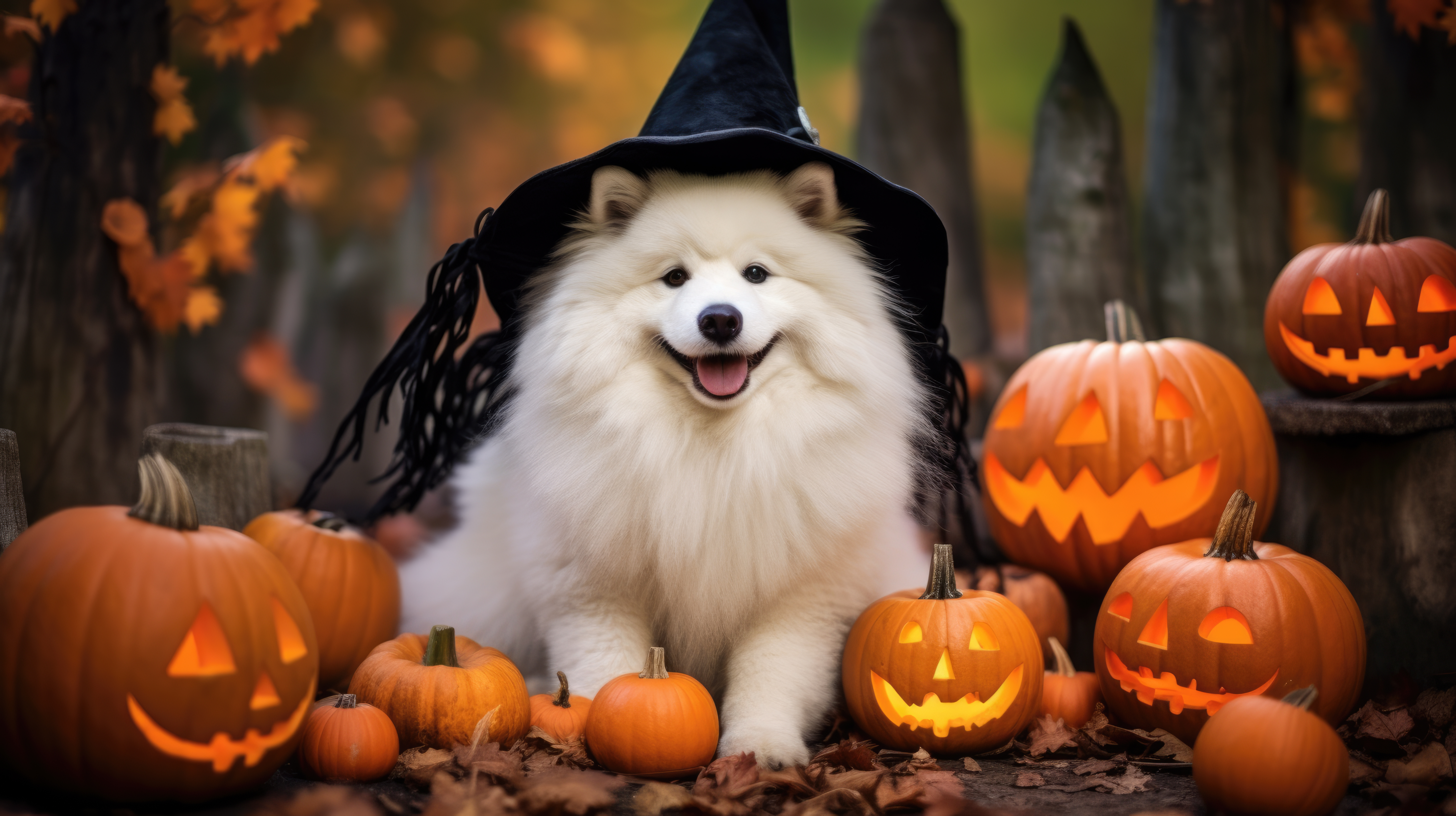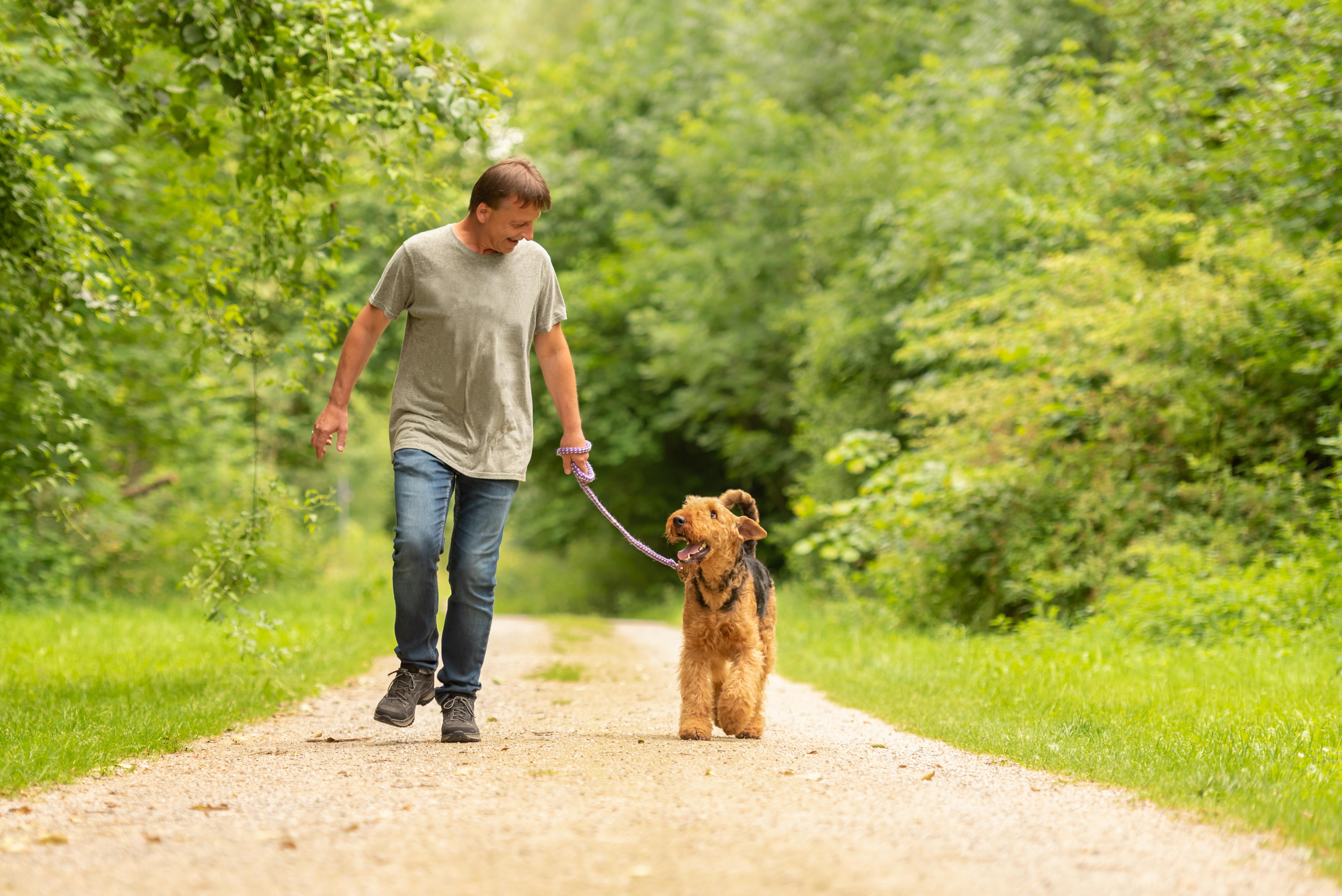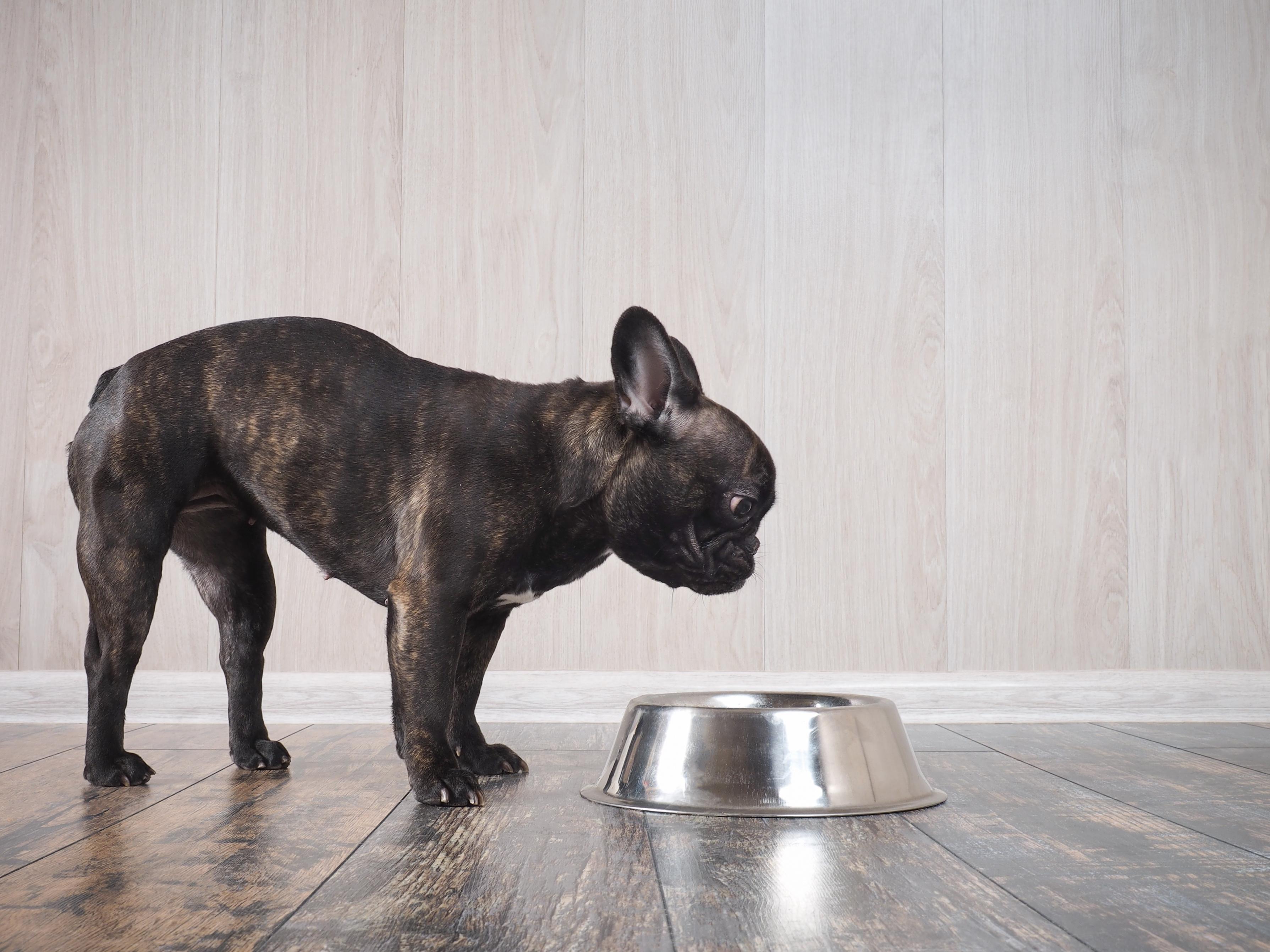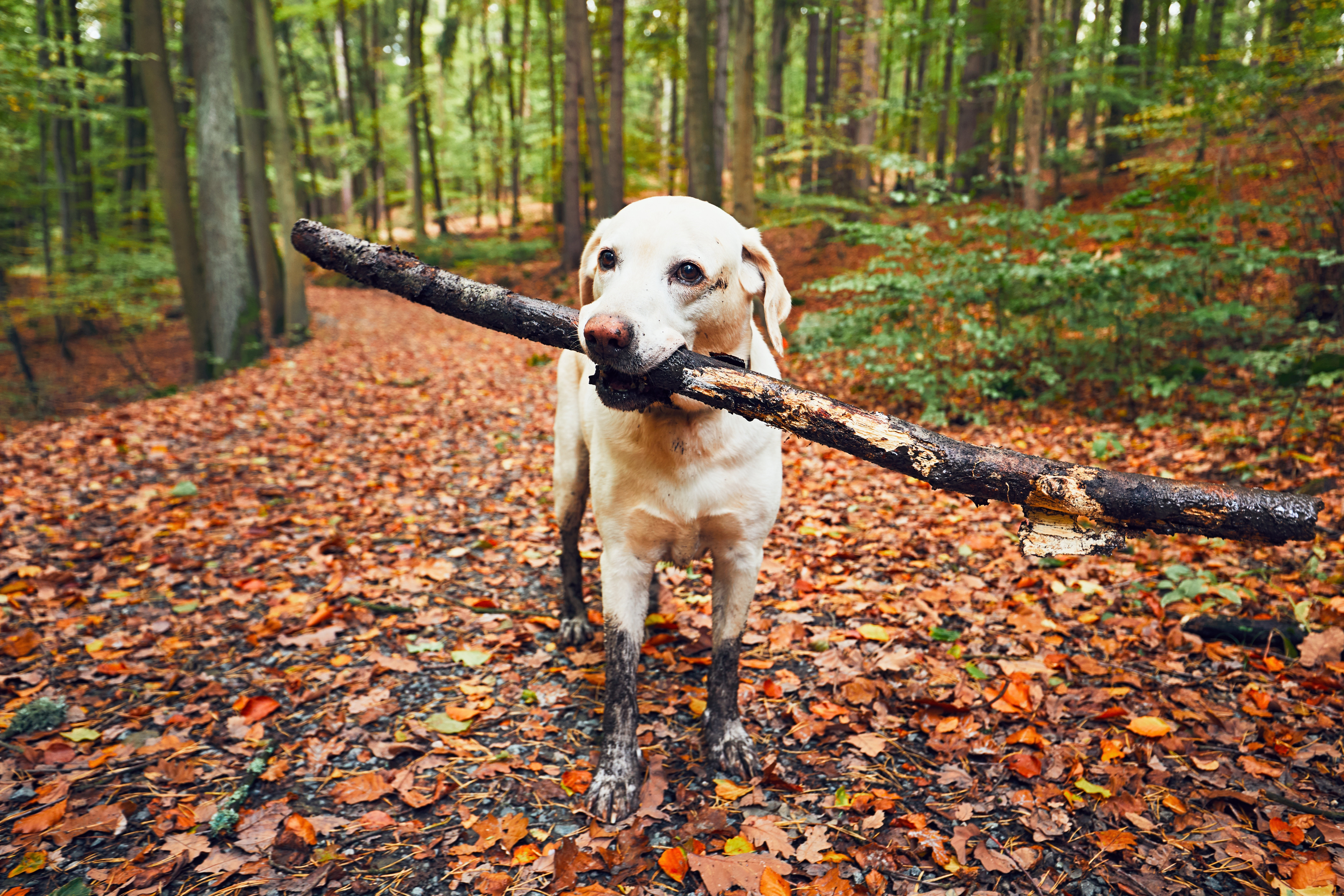Recent Blogs

Keeping Your Furry Friend Safe and Happy During Halloween
Halloween approaches with its festive decorations, spooky costumes, and sweet treats. While humans eagerly anticipate the holiday, it can be a challenging time for our four-legged friends. From unfamiliar sights and sounds to potentially dangerous treats, Halloween can pose various risks to our beloved dogs.
While it might be tempting to dress up your dog in a cute or funny costume, always prioritize their comfort and well-being. Ensure that the costume is not restrictive, does not impede movement, and does not have small parts that could be swallowed. Allow your dog to become accustomed to the costume before the actual event, and keep a close eye on them while they're wearing it.

The vital role of responsible dog ownership.
A Pledge to Paws and Principles
Dogs have long been cherished companions, confidants, and sources of unconditional love for millions of people around the world. These faithful friends offer not only emotional support but also contribute significantly to our overall well-being. However, the joys of having a canine companion come with great responsibilities. Responsible dog ownership is not just a choice; it's an obligation we owe to our four-legged friends, our communities, and ourselves. In this blog, we will delve into the importance of responsible dog ownership and highlight the numerous benefits it brings to our lives.

My dog is a finicky eater...
You have a dog that has no appetite, is fussy and finicky with his food and you are fed up of trying every dog food brand under the sun. Here are our top tips for encouraging a better feeding regime

Finding the best places to walk your dog
The many benefits of dog walking are well documented and regular walks form part of our daily routine. But it is really easy to get into an unthinking pattern of where and how we walk our dogs. There are lots of adventures to be had out there with our canine companions so why not try something new?